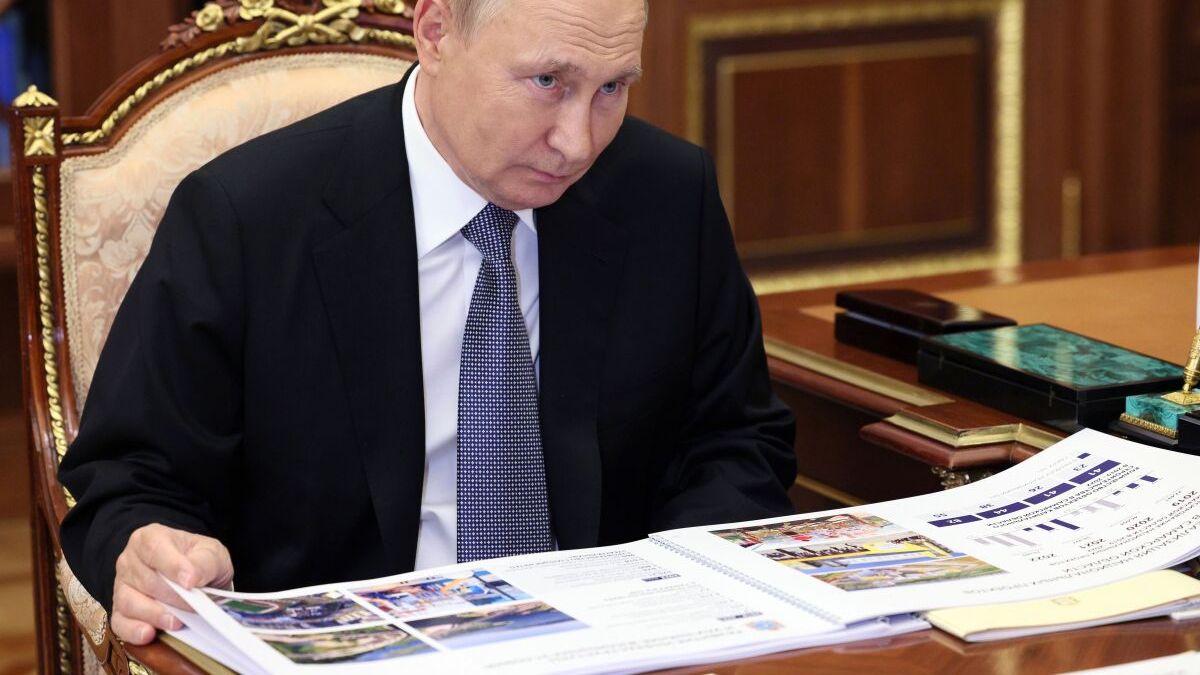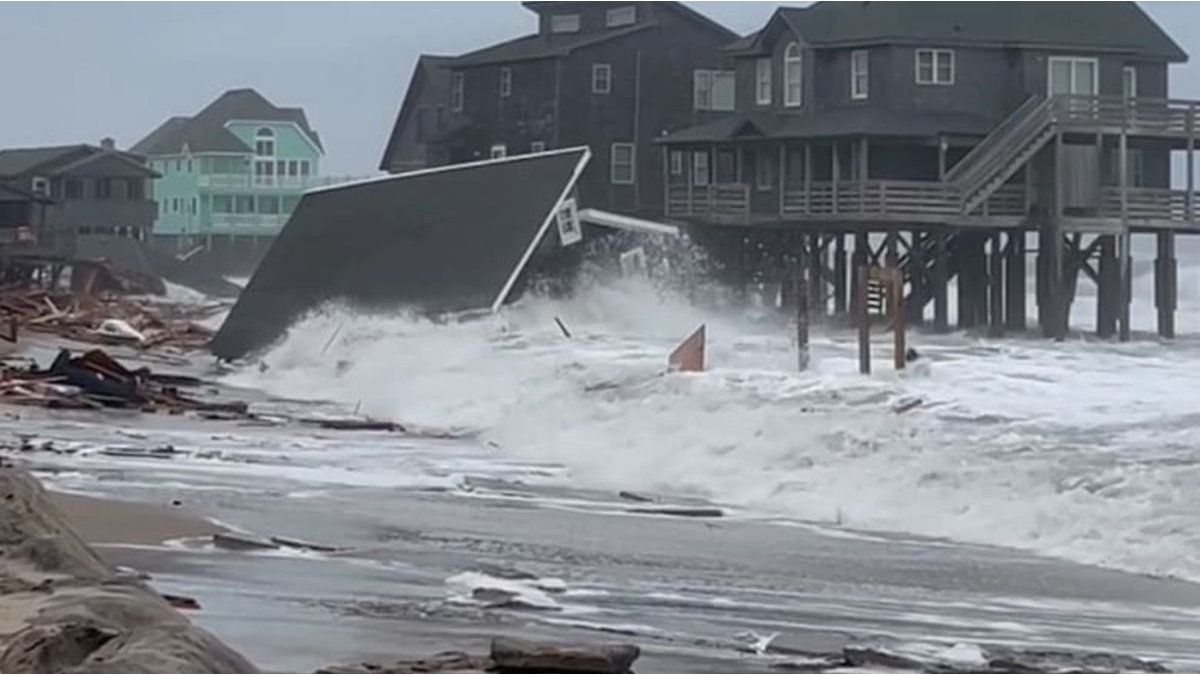Despite the fact that the continuity of the Black Sea agreement is in danger, Russia reaffirmed its intention to maintain the pact with the United Nations to facilitate its exports.
Russia’s deputy foreign minister said on Monday that even if the Black Sea deal, which allows Ukrainian grain to be shipped through the Black Sea to the world, ends, the Russia’s pact with the United Nations (UN) to facilitate its own exports will remain in force, the Russian state news agency RIA reported on Monday.
The content you want to access is exclusive to subscribers.
Moscow has repeated on several occasions that it sees little chance of agreeing to an extension of the Black Sea Grain Initiative beyond July 18.because he says Western sanctions are thwarting his own United Nations-backed attempts to export both grain and fertilizer.


Asked by the RIA whether a failure of the cereals deal would invalidate its memorandum with the UNDeputy Foreign Minister Alexander Grushko replied: “No, it won’t.”
The background of the conflict
After invading Ukraine, one of the world’s leading grain exporters, last year, Russia blocked its Black Sea portscontributing to a global rise in food prices.
To help persuade Moscow to allow safe passage for grain vessels under the Black Sea initiative last July, the a separate three-year agreement in which the UN agreed to help Russia with its exports of food and fertilizers.
However, Moscow has repeatedly complained that Western sanctions imposed in response to the invasion continue to create financial, logistical and insurance obstacles to its shipments.
He has been grudgingly extending the grain deal, two months at a time, despite failing to win concessions on six specific demands, but he has begun to show signs that his patience has run out.
“If Western countries are interested in ensuring food security, they should lift all illegal restrictions and sanctions on Russian grain and fertilizers,” Grushko said.
Source: Ambito




